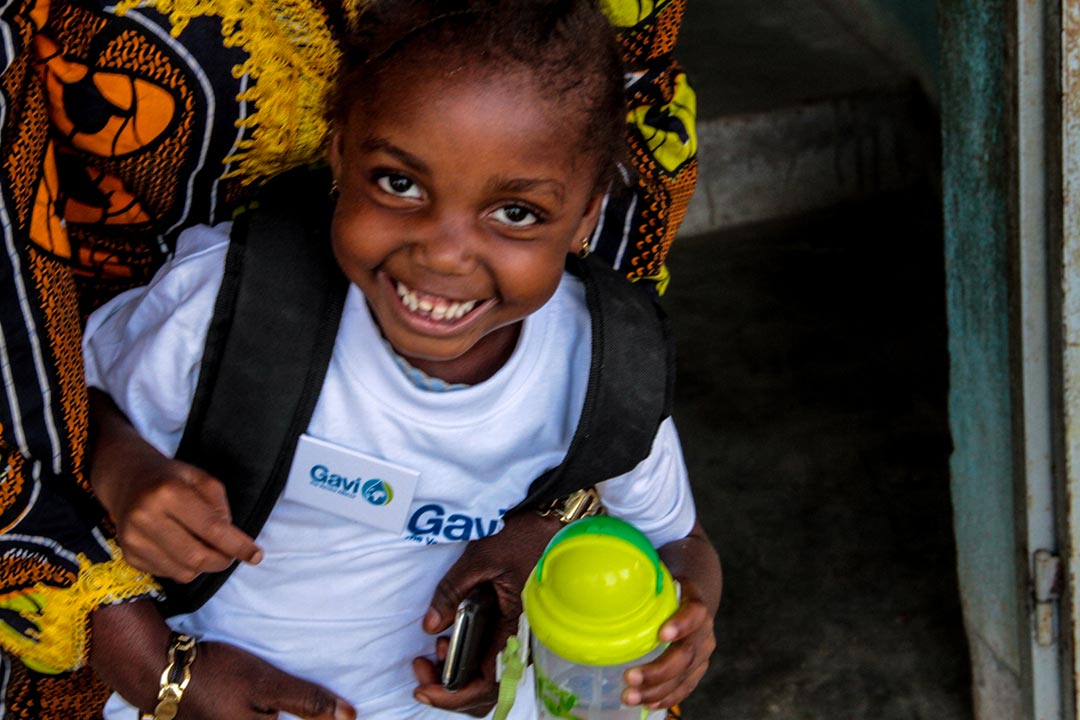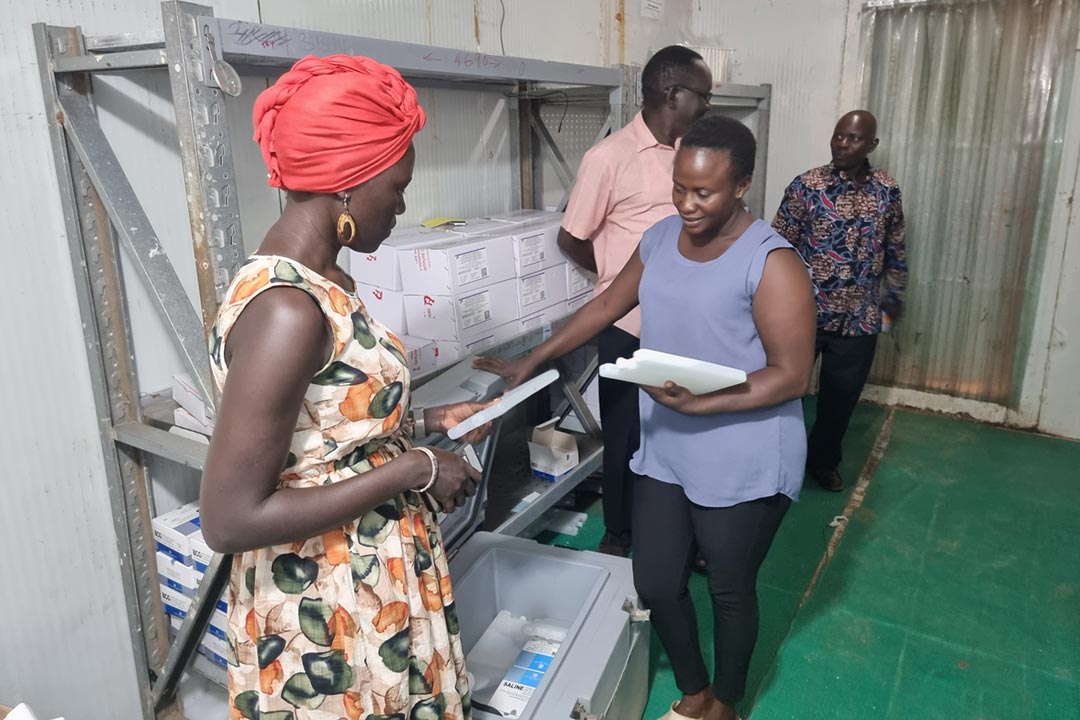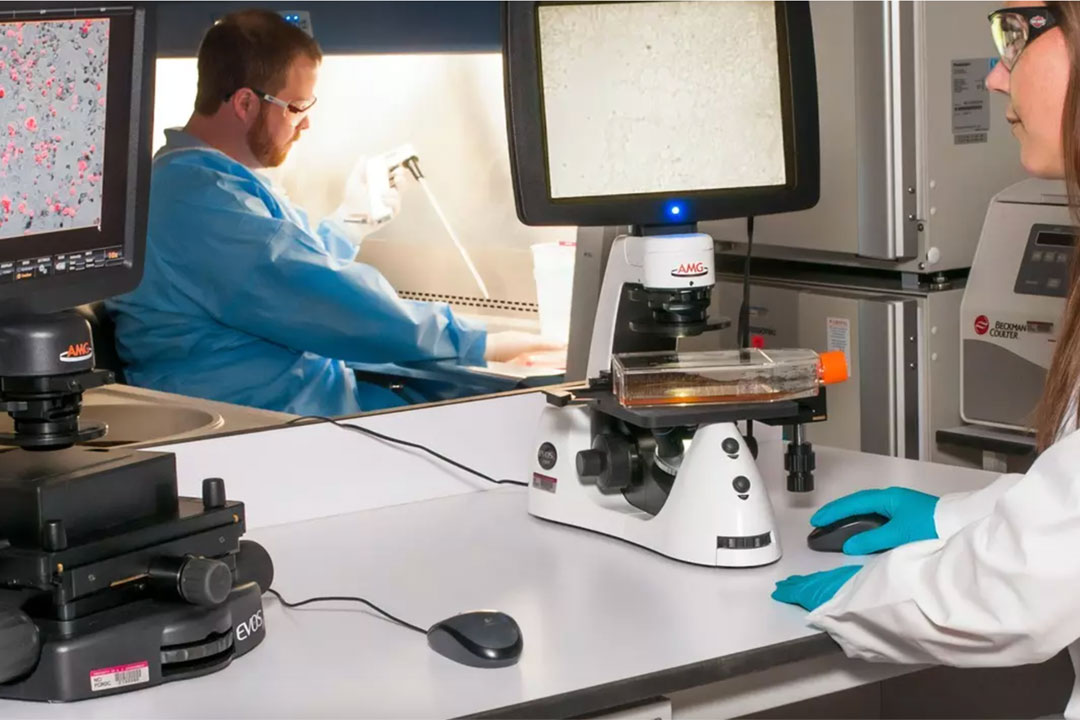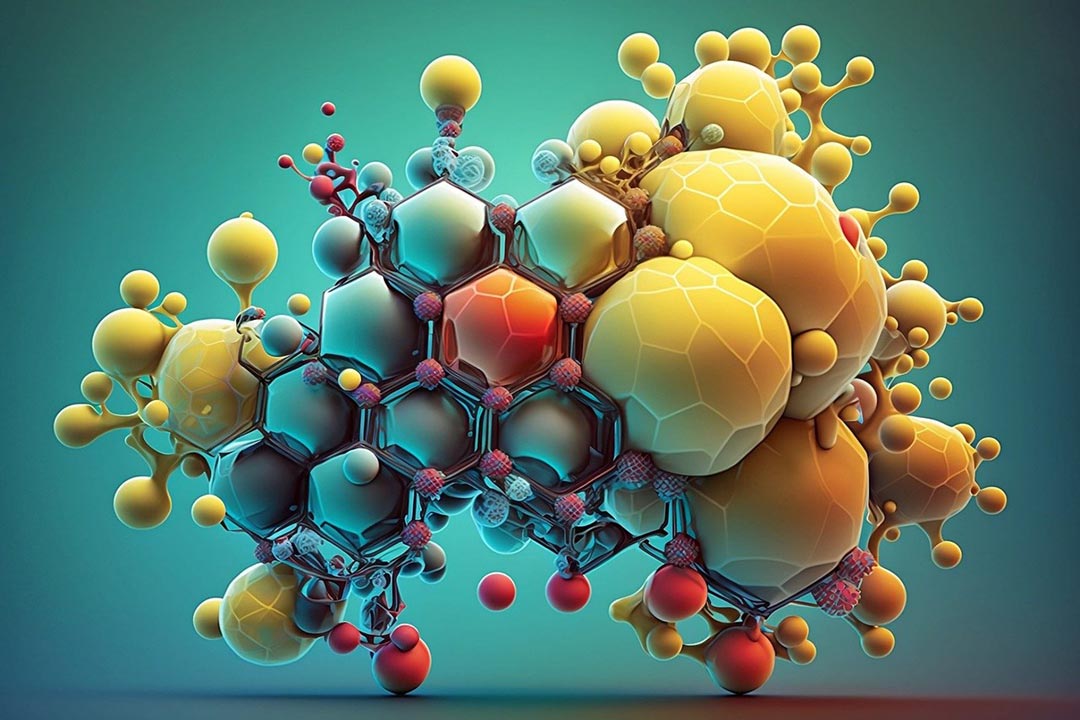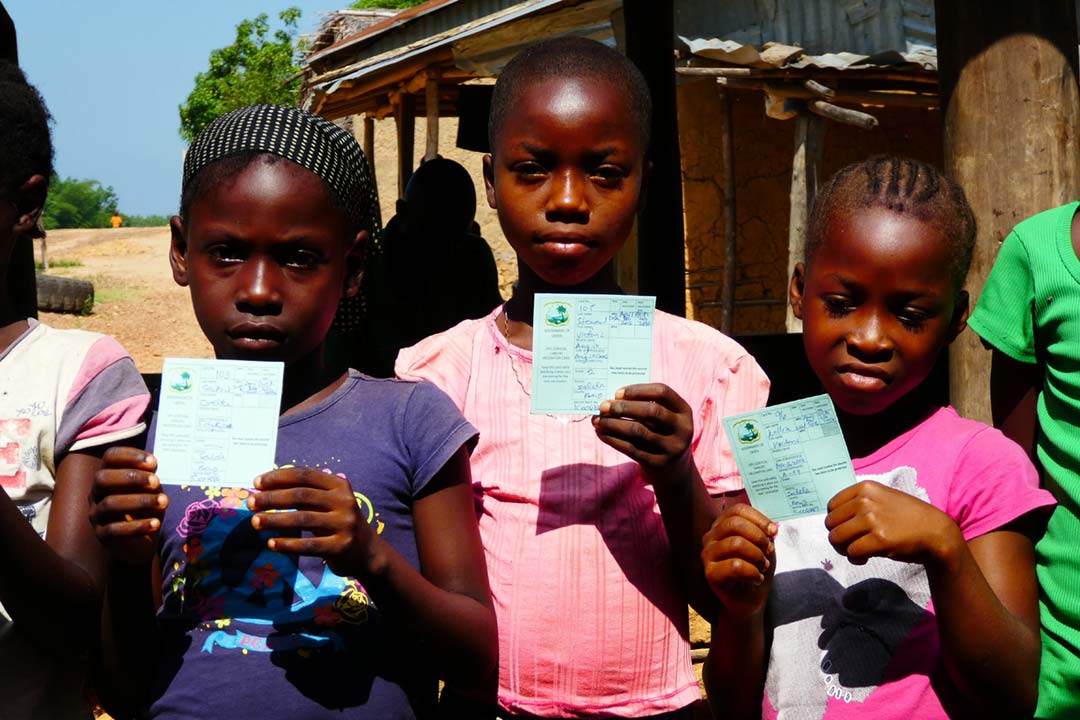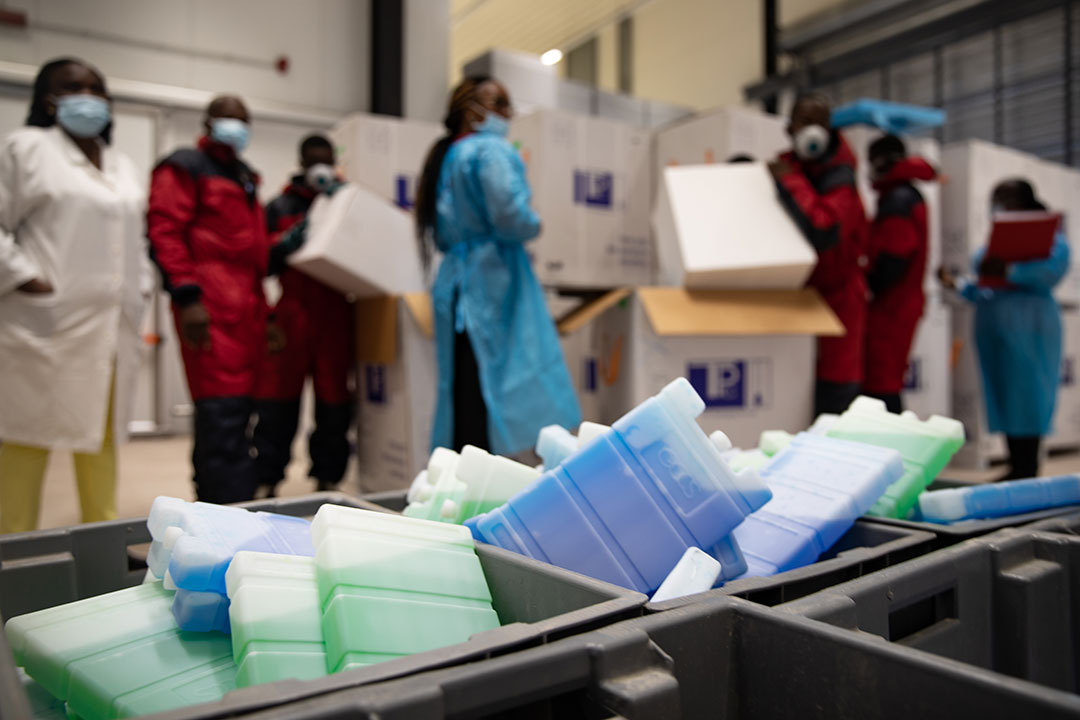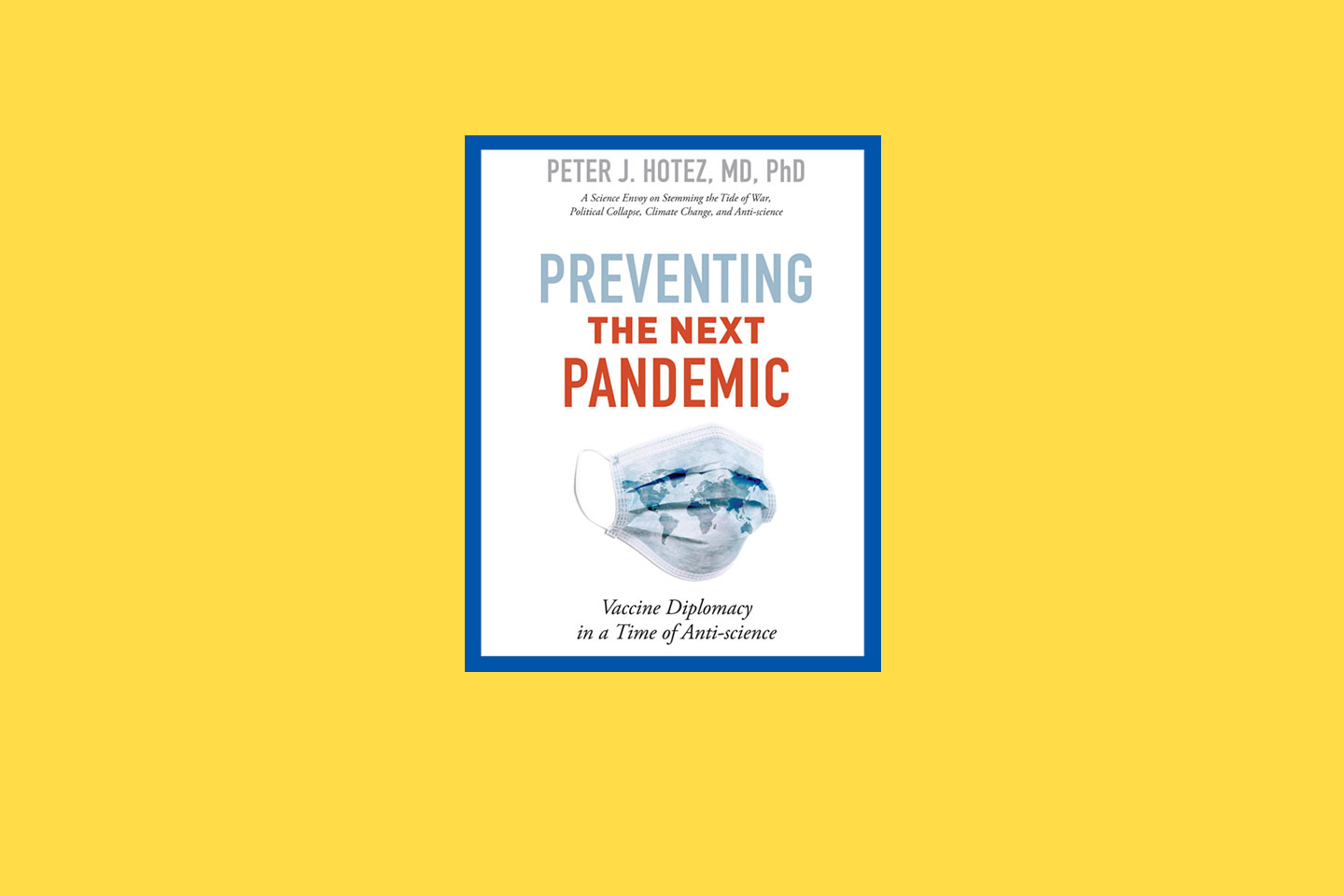A celebration of health worker heroes
We shine a light on some vaccine heroes who are working in the world’s poorest countries to protect the next generation for World Humanitarian Day
- 19 August 2020
- 4 min read
- by Elinore Court

World Humanitarian Day is an opportunity to recognise and pay tribute to the tireless work of aid and health workers around the world. The COVID-19 pandemic has triggered additional humanitarian crises around the world, making their work even more challenging - and vital.
As Deputy CEO Anuradha Gupta says, “it is time to remind ourselves of the enormous personal sacrifices that are being made every day by millions of health workers around the world.” Gavi’s mission would not be possible without their work on the frontline.
The world cannot defeat outbreaks and pandemics without committed health workers tirelessly striving to save lives and tackle threats. We must celebrate their work, thank them for their service and pay tribute to their critical role in global health security.
Health workers are on the frontline of every outbreak, often at the risk of their own safety and security. The world cannot defeat outbreaks and pandemics without committed health workers tirelessly striving to save lives and tackle threats. We must celebrate their work, thank them for their service and pay tribute to their critical role in global health security.
Here, we shine a light on some vaccine heroes who are working in the world’s poorest countries to protect the next generation:

Andre Manuel
“I decided to participate as a vaccinator in Polio campaigns because I am sure I can save lives in my neighbourhood”
Andre Manuel is a community vaccinator from Luanda province and supports health teams during Polio vaccination campaigns in Angola.
Adoosa Winni
“ Where we work, we try our best to reach every child who is eligible to be vaccinated. And this is not about merely recording numbers but the good each vaccination does for the health of these little children.”
Adoosa Winnia is a nurse at the Sakogu Health Center located in the East Mamprusi Municipality of the North East Region of Ghana.


Shabnoor
“My job is to ensure that everyone understands why vaccines are so important. The relationship of trust is essential, in particular for community health workers.”
Shabnoor is 19 years old and was born in the refugee camps of Cox’s Bazar, Bangladesh. Today, she is a community health worker and goes from door to door to identify unvaccinated children and give parents information about vaccines.
Sonia
“Vaccines help prevent diseases, and they save a lot of lives. I became a health worker to help people stay healthy and find peace.”
Sonia works at a UNICEF Bangladesh primary health care centre in Cox’s Bazar, Bangladesh. She provides vaccines and other health services to Rohingya refugees sheltering there. She became a health worker because she wanted to put her skills to good use.


Etelvina
“When I started to work in the Nampula province, many parents refused to vaccinate their children. They thought that the cholera vaccine we were giving them actually was the cause of the disease. It was really hard work to make parents understand that the vaccine helps to keep their families healthy. Together with religious leaders, we organised information sessions to dispel rumours.”
Etelvina is 35 years old and comes from Maputo, Mozambique. For ten years, she has worked as a community health worker, bringing vaccines and health services to people living in hard-to-reach areas of the country.
Marta
“We start the immunisation session at 07:00 and continue until at least 15:30, but we don’t finish before the last person in line has been vaccinated. Many mothers rush during their lunch break to bring their children here as they cannot afford to skip work.”
Marta is leading a team of health workers at the immunisation ward of Centro de Saúde do Alto Maé in Maputo. She always dreamt of becoming a health worker, like her mother before her.


Ifra
“Measles infects the most people. Polio also used to infect many people but after the vaccinations and the awareness-raising, rates are now low. The community welcomes me warmly and come for the vaccination from very far away.”
Ifra is a health worker in a remote part of the Somali region of Ethiopia. She has seen how community attitudes have changed over the years towards the immunisation programme, and how it’s protecting more children than ever before.
Yakubu
“Lately, we have seen an increasing number of parents coming to the health centre with yellow referral cards, which indicates that it's time for a child to get vaccinated. When children are immunised, they are protected from infections and diseases. As a nurse, protecting my community with vaccines makes me happy and fulfilled.”
Yakubu is a nurse working in Savelugu Nanton, northern Ghana.

[Editor's note] This article has been updated from the original one published on 2 April 2020.
More from Elinore Court
Recommended for you
